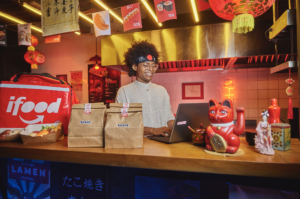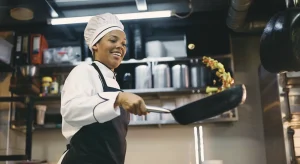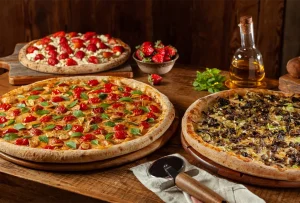As a company that was born and raised in Brazil, iFood understands that it also has an important role in social impact in the field of entrepreneurship. So much so that, in June, it launched a program to encourage the growth of black entrepreneurs who have a restaurant on its app, the iFood Believes.
This initiative will empower entrepreneurs by offering performance consultancy, management training, financial guidance and, when necessary, credit at reduced rates.
iFood Crédito began its work in the city of Salvador (Bahia). And from there the iFood News brings three stories of entrepreneurs who tell how they want to grow with the help of the program.
Cris and the abará pizza: reborn with iFood Believe
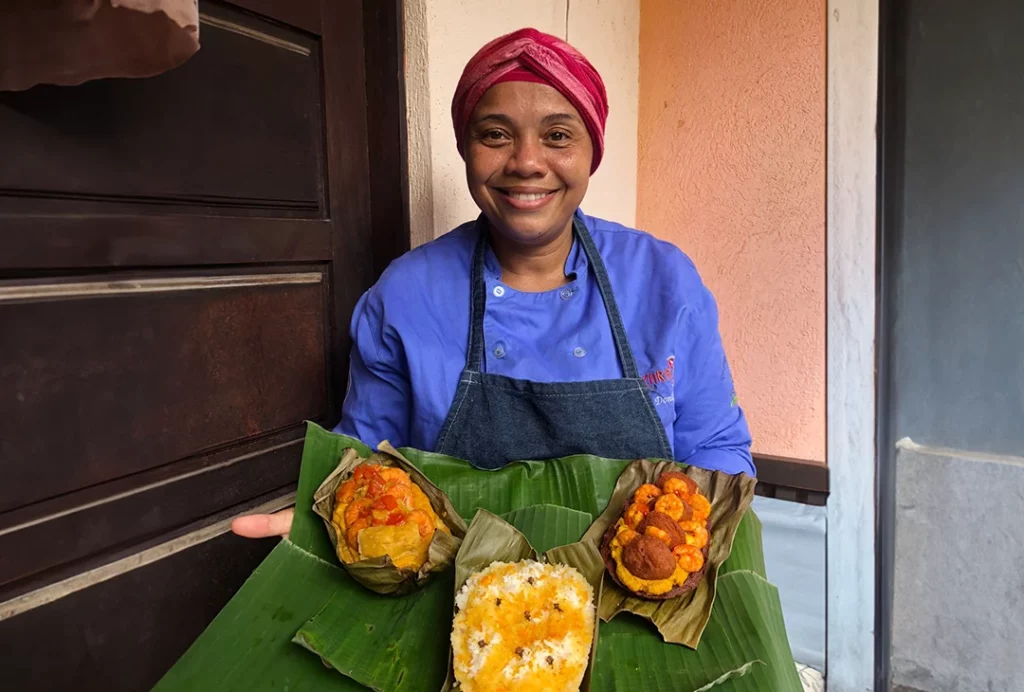
Cris Santos, 47 years old, for example, defines herself as a “black woman, entrepreneur, stubborn by nature”. And she's not alone: six out of ten female entrepreneurs in the country are black, points out a survey by the Instituto Rede Mulheres Empreendedoras carried out in 2022.
In 2015, she founded the Pizzeria Bahia. “It was a business that emerged in a moment of chaos, when I found myself alone with a five-month-old baby, in need of urgent income”, he says.
This recipe also had, of course, a hint of creativity and talent to differentiate your business. “The name comes from the fusion of two delicacies, pizza and abará [a typical Bahian bean-based dish], which gave rise to our first product, the abará pizza”, he explains.
Pizzará Bahia’s proposal is “to create a fun and respectful reinterpretation of everything on the Bahian board”.
The beginning of the business followed, as Cris says, the “lemon to lemonade model”. “The first pizza was made with household materials. I posted the photo on a social network, friends shared it and an order was made. I only had enough material for one more pizza. I did it, sold it for 25 reais and secured my initial investment capital.”
In 2020, due to the pandemic and his father's death, Cris had to interrupt the company's activities. “I inherited a lot of debt, which cost me my savings and even my house. Today, I’m starting this story again.”
To gain new momentum, the entrepreneur counts on the help of iFood Crédito. “I see the possibility of returning to the market with greater strength, supported in a more structured way by this proposal to work with Afro-entrepreneurs”, he says.
“iFood is not only committed to sales, but also to supporting entrepreneurs with regard to financial organization, transaction process, ease of purchasing inputs and packaging”, lists Cris.
Accessible credit for Cecília
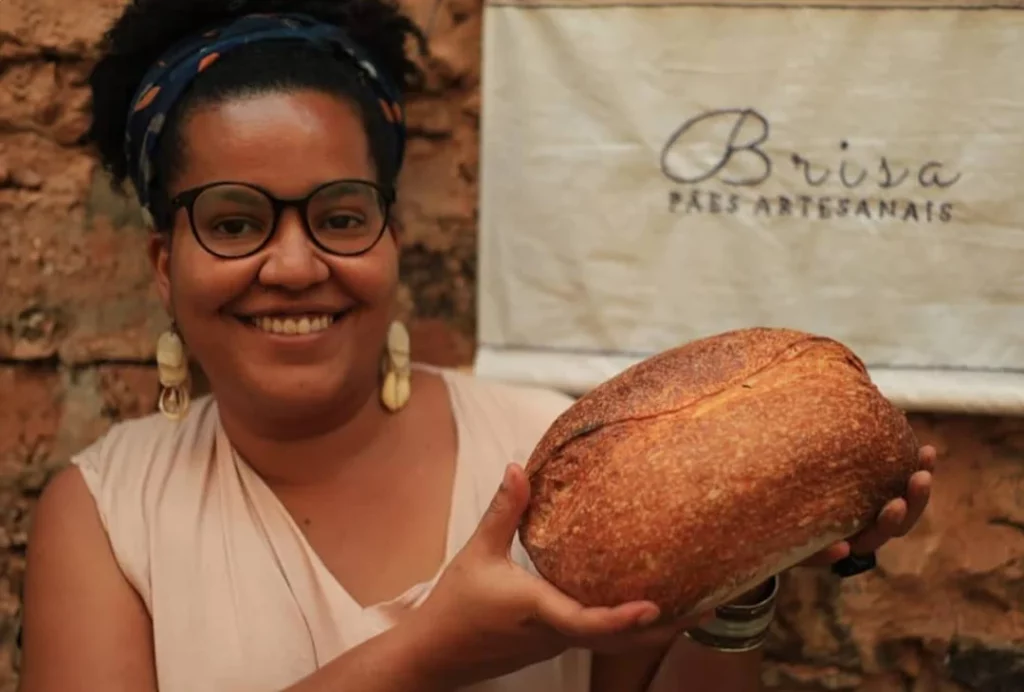
Getting credit to expand your business is one of the recurring concerns of entrepreneurs. Therefore, the possibility of obtaining these resources at reduced rates stands out as an attraction of iFood Crédito for Cecília Silva, owner of Brisa Pães.
“Obtaining financing is very difficult,” he says. “The issue of banking racism has been discussed for some time. Poor and black people encounter many obstacles to obtaining credit.”
Cecília says that, currently, she does not use the oven that she considers ideal for producing her artisanal breads. “I have an industrial kitchen, but I would like to purchase better equipment and I don’t have the resources for that at the moment”, he highlights. “I want to grow, but I need help.”
More visibility for Roserval's feijoada

To gain more space in the market, Roserval Do Carmo, owner of Du Carmu Feijoada VIP, plans for iFood Believe to enhance the visibility of your restaurant on the app.
“We seek guidance within the platform for the type of food we sell”, he states. “Our objective is to boost sales and the customer base, as well as retain this target audience.”
Roserval considers iFood's consultancy to be a differentiator when competing for clients with larger restaurants.
“Although the flavor is sovereign, large restaurants generally end up, in one way or another, swallowing smaller ones because they have, for example, stock capacity, which allows purchases in large quantities, reducing costs and consequently prices for customers. . We, who shop weekly or monthly, cannot compete with these values.”
In his view, consumption is closely linked to price. And, for the little one to stand out, creativity is needed. “When I created a warm feijoada on the menu, with a lower price, there was an increase in this order compared to feijoada for one person, which costs twice as much.”
